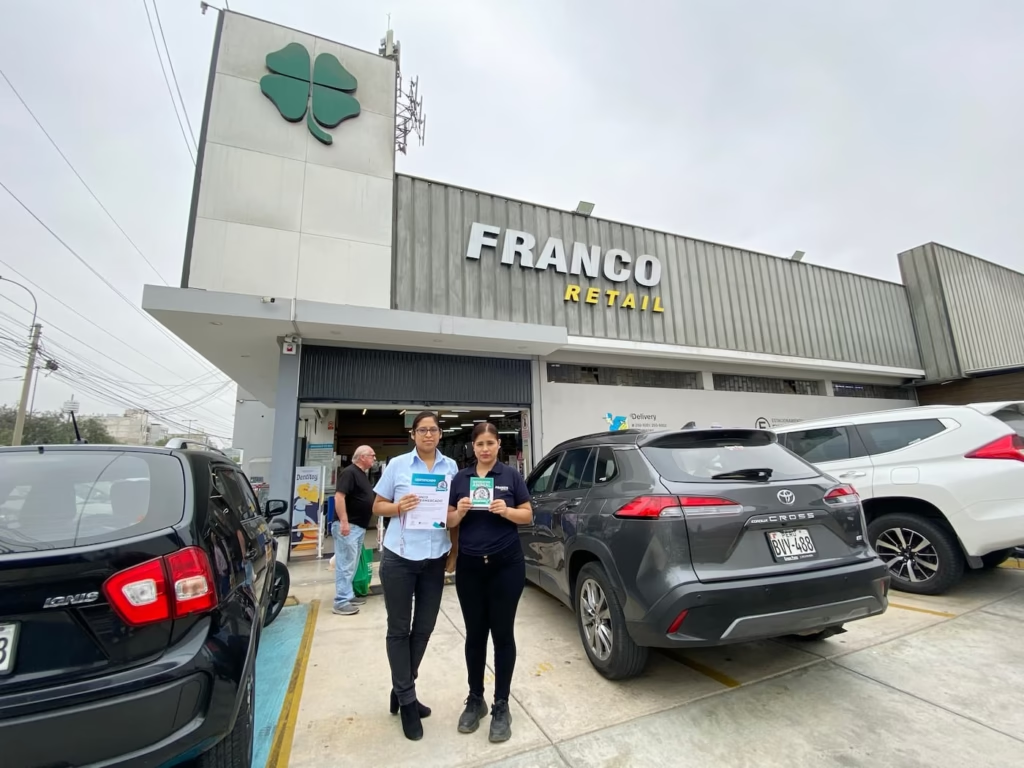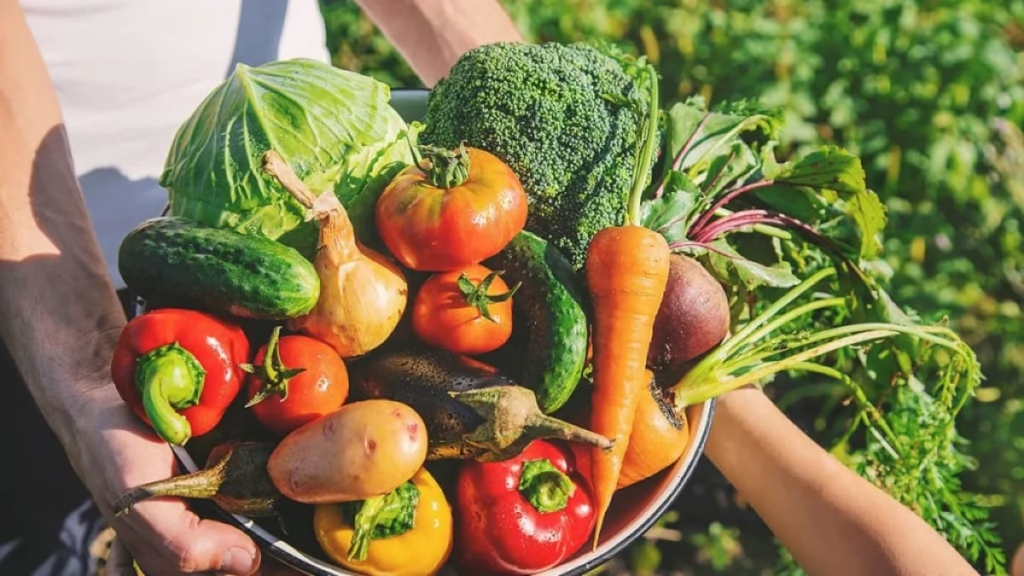
In a country where millions of chickens still live confined in cages, the decision of a supermarket to change its sourcing model is not minor. Therefore, in the framework of Sustainable Gastronomy Day, a date that invites us to reflect on the origin of the ingredients that reach our plates, it is worth highlighting the commitment made by Franco Supermercado: the chain, with a presence in Arequipa, Lima and Mollendo, has announced that by 2026 it will only sell eggs from cage-free hens.
A trend that is beginning to take hold in Peru
Franco Supermercado joins a growing movement to transform the food industry at source. In the country, this momentum has been led by brands such as Flora y Fauna, the first supermarket to announce a transition to cage-free eggs. In addition, the trend also extends to other sectors, with companies such as Terminal Pesquero Cevichería, Doomo Saltado and Hoteles Estelar, which from 2024 will be sourcing exclusively with cage-free eggs. Internationally, chains such as Belmond have made global commitments from Peru, demonstrating that change is not only possible, but already underway.
To date, more than 100 Peruvian companies, including supermarkets, restaurants and hotels, have made public commitments to phase out eggs from caged hens. It is a change that is setting a new standard in the food industry.

"Franco Supermercado's commitment is a clear response to what more and more consumers are demanding: to know where the ingredients that reach their tables come from. It is difficult to understand why larger national supermarket chains have not yet publicly embraced a more ethical and transparent sourcing policy. Sustainability can no longer be a slogan; it must be reflected in concrete decisions that respect the consumer and the planet". Sandra Lopes, Executive Director of Green Commitment.
Transparency that consumers already demand
A national IPSOS survey revealed that more than 80% of Peruvians want to know clearly where the ingredients in the food they eat come from. This demand for greater transparency is reshaping the expectations of the modern consumer and is already beginning to be reflected in the decisions of companies in neighbouring countries such as Chile, Colombia and Brazil, where supermarket chains and restaurants are adopting more responsible supply chain policies.
Because transforming the food industry is not a utopia, it is a shared responsibility that begins, like any good recipe, with choosing the right ingredients.
